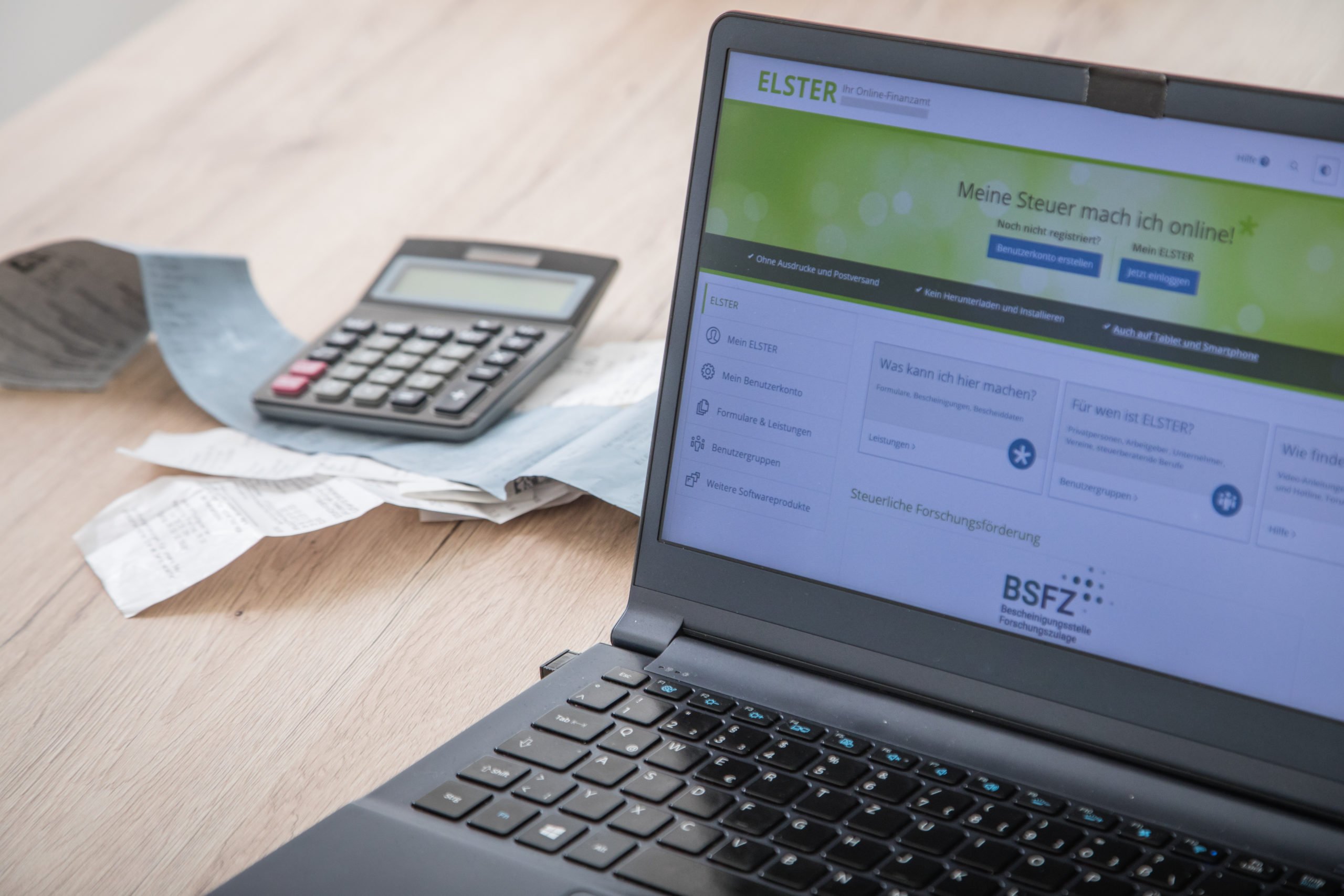Every year, people who are obliged to file a tax return (Steuererklärung) for the previous tax year have to submit this to the the tax office (Finanzamt) by a certain date.
While the submissions have been regularly postponed since the 2019 tax return – due to the Covid-19 pandemic – the tax authorities are gradually returning to the usual deadlines.
Here’s an overview of the dates and rules which apply.
Who has to submit a tax return?
The normal tax filing deadline only applies to anyone who is obliged to submit an income tax return (Einkommensteuererklärung).
People must submit a tax return if they have received more than €410 in wage replacement benefits such as unemployment (Arbeitslosengeld), sickness (Krankengeld), parental (Elterngeld) or short-time working (Kurzarbeitsgeld) in the year, have additional income of more than €410 in addition to their wages (ie. from rental income) or are self-employed.
If you receive commission for brokerage transactions, you can earn up to a mere €256 in tax-free income per year without being obliged to submit a tax return. The same applies to renting and hiring out movable property.
For example, if taxpayers lend a car to another person for a fee, a tax return needs to be submitted.
Other income is subject to the currently applicable exemption limits, which change annually.
READ ALSO: The top tax deductions often overlooked by employees in Germany
Advertisement
When do I have to submit my 2024 tax return?
If you would like to prepare your tax return for 2023 yourself, you have until August 31st, 2024 to do so. As August 31st falls on a weekend, the time window for submitting your income tax return shifts to the next working day. That means that taxes need to be submitted by Monday, September 2nd, 2024.
If you’re already planning way in advance for your 2024 tax return, a la German style, then mark the following date in your calendar: it needs to be submitted to your local tax office by July 31st, 2025, a Thursday.
However, there are longer deadlines when working with a tax advisor (Steuerberater) or income tax association.

A computer displays Germany’s ELSTER tax return portal. Photo: picture alliance/dpa/dpa-tmn | Christin Klose
What is the deadline for submitting tax returns via a tax advisor?
If you are unable to complete your tax return on time or are overwhelmed, professional support from a tax advisor is one way to fulfil your obligation. In contrast to tax returns that you complete yourself, there is generally a deferral period of seven months when filing with a tax advisor or an income tax assistance organisation (Lohnsteuerhilfeverein).
This means that the deadline in this case usually ends on the last day of February of the year after next.
For the tax years 2023 and 2024, however, the usual submission deadlines have been pushed back. Even the 2022 tax return can still be submitted on time via a tax advisor, or until July 31st, 2024.
READ ALSO: How much money could taxpayers in Germany save in 2024?
Advertisement
For the 2023 tax year, however, the deadline is May 31st, 2025, which falls on a weekend, meaning that you actually have until June 2nd, 2025.
Anyone who is already thinking about the tax return for the 2024 tax year and would like seek out a Steuerberater will probably have until April 30th, 2026 to submit their returns.
Under certain circumstances, the tax office may request the tax return before the usual deadline. And unfortunately there’s not much wiggle room if this happens: any individual deadline set by the tax office is binding.
What happens if my tax return is submitted too late?
If the deadline for the tax return itself is not met via a tax advisor, there is a risk of being slapped with some hefty penalties. Anyone who is late or fails to submit anything at all to the tax office will initially be subject to a late filing surcharge in the form of a fine, which needs to be paid in addition to any taxes you already owe.
During this period, the tax office is required to demand a late payment surcharge. This amounts to 0.25 percent of the tax assessed and at least 25 per month or part thereof. In addition to the late payment surcharge, the tax office can also demand a penalty payment and late payment interest.
READ ALSO: What happens if you miss your tax return deadline in Germany?
Advertisement
Can the tax return submission deadline be extended?
As there are already later-than-usual deadlines for submitting tax returns in place, these can only be extended in exceptional cases. If a tax advisor isn’t taking care of your tax return, an extension must be requested in writing from the relevant tax office.
This request needs to be justified and a new deadline should also be proposed. Reasons that justify an extension (Verlängerung) include, for example, a longer, serious illness, a longer stay abroad or a move.
However, no extensions are guaranteed and taxpayers have to hope for goodwill on the part of the tax office. But it’s worth a shot: from our experience, sometimes even Germany’s Finanzamt is more forgiving than you would think.
Read More: World News | Entertainment News | Celeb News
Locals









